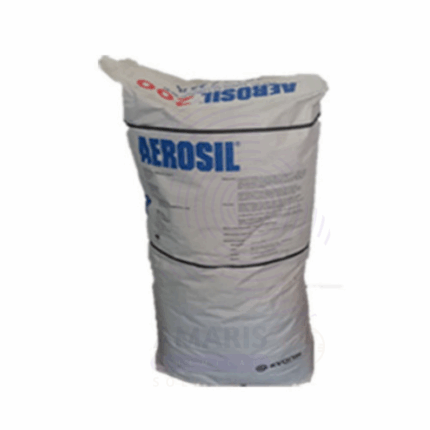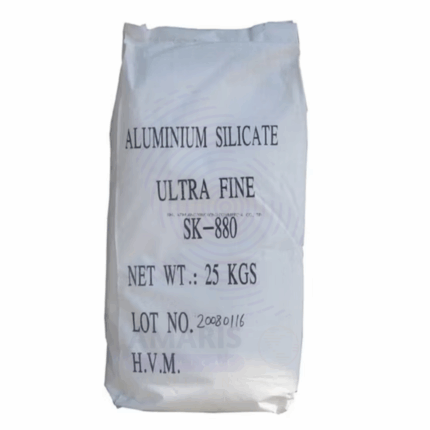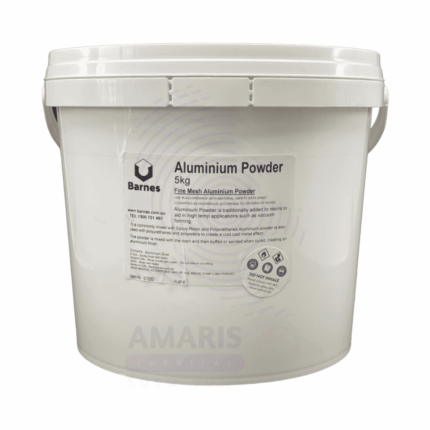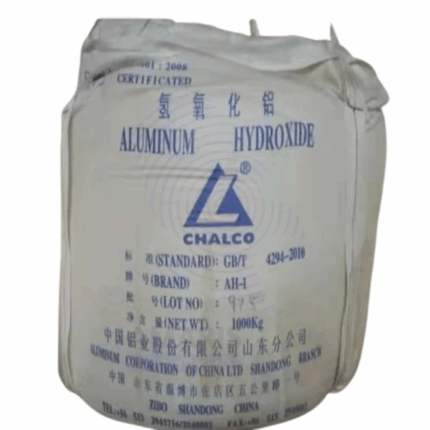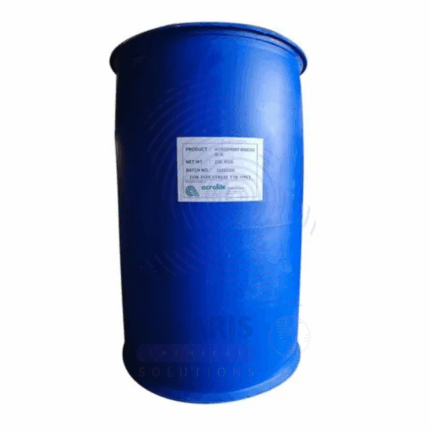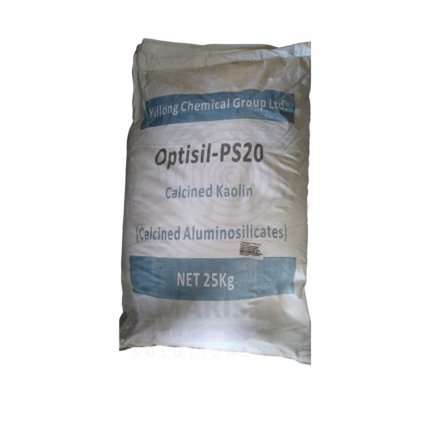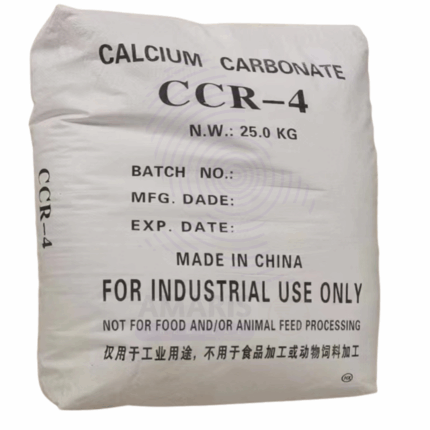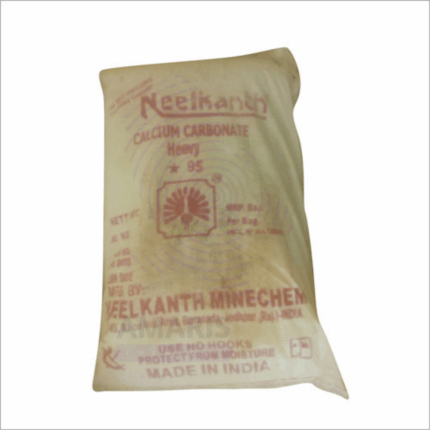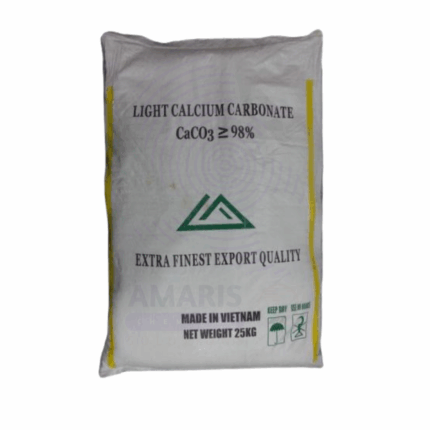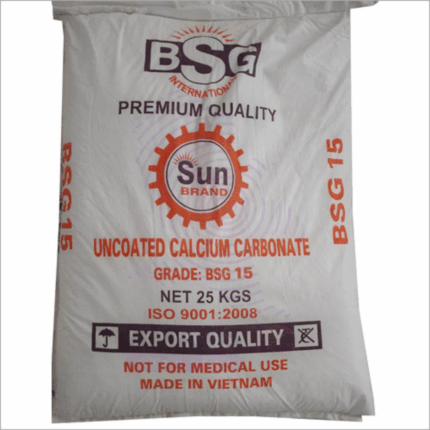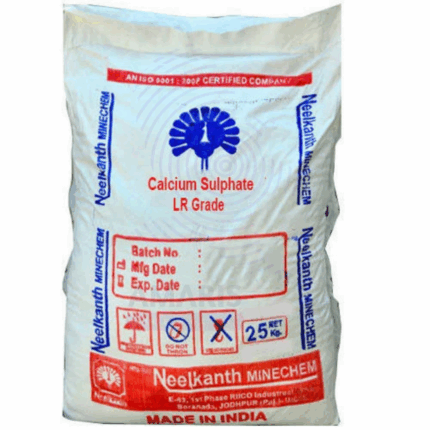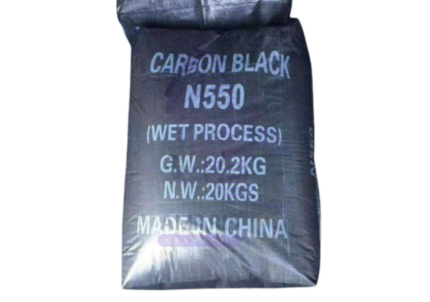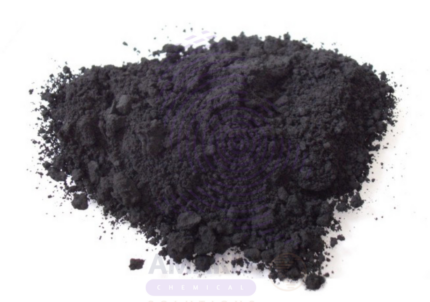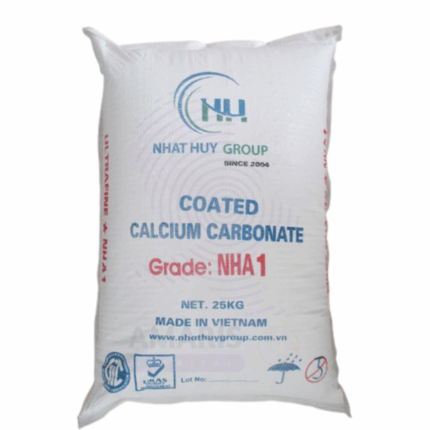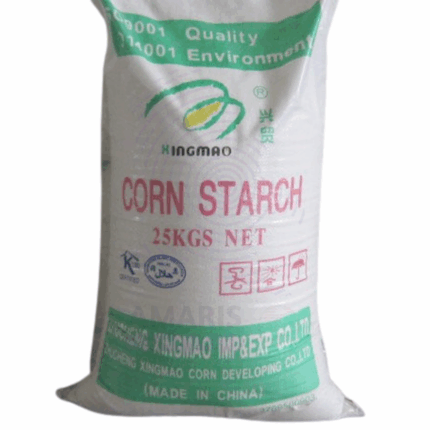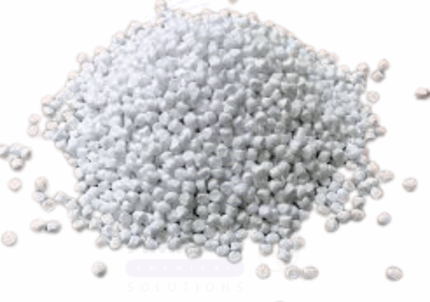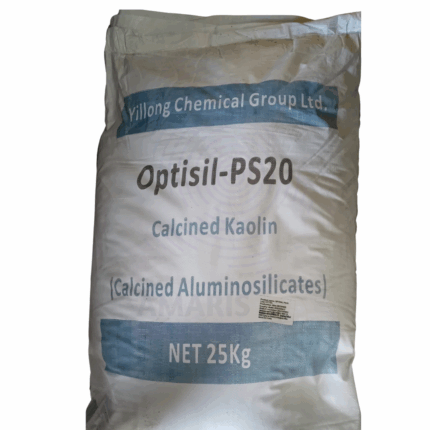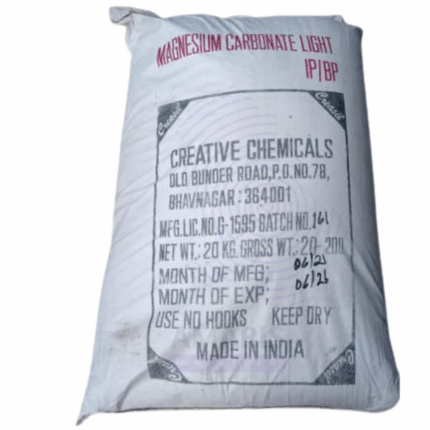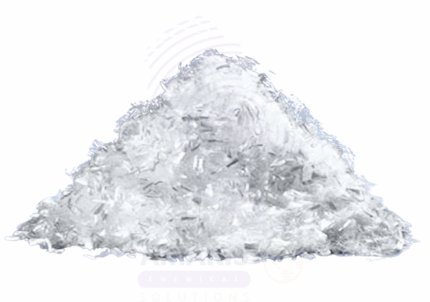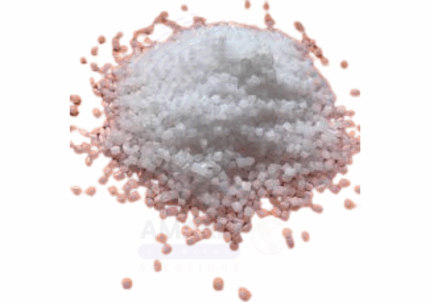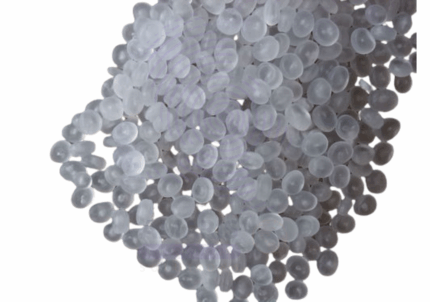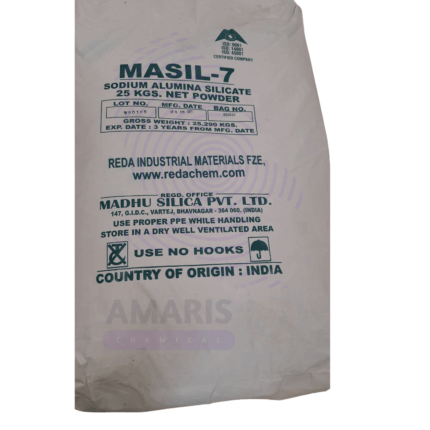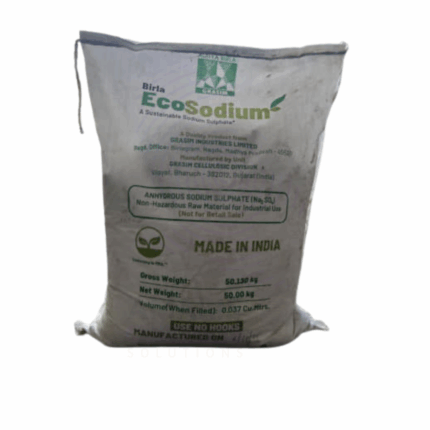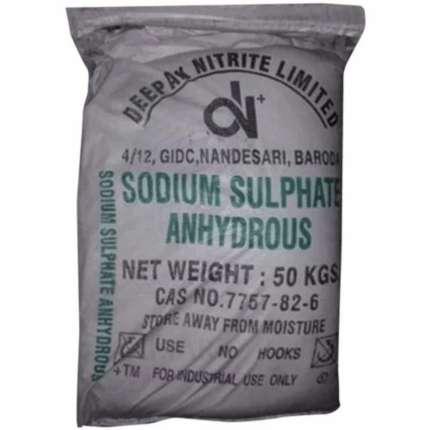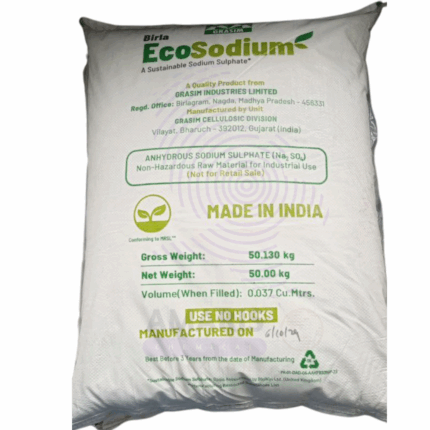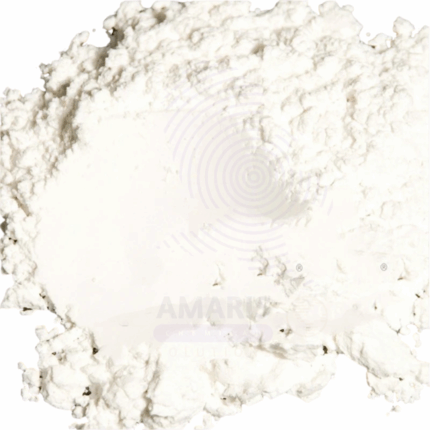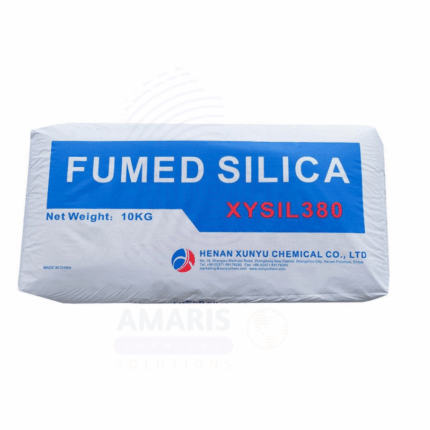
Fillers and reinforcements are additives used to improve the strength, durability, and cost-effectiveness of plastics and composites. Fillers like calcium carbonate or talc reduce material costs while enhancing properties like stiffness, while reinforcements such as glass or carbon fibers significantly boost mechanical strength and heat resistance. These additives enable tailored performance for applications ranging from everyday packaging to high-tech aerospace components.
Aerosil 200
Aluminium Silicate
Aluminium silicate is an inorganic compound composed of aluminum, silicon, and oxygen, often found naturally as a major component of clay minerals such as kaolinite, halloysite, and other aluminosilicates. It is a white to off-white powder with excellent thermal stability, chemical inertness, and physical durability. Due to its wide range of physicochemical properties—including high melting point, non-toxicity, and adsorptive capabilities—aluminium silicate is extensively used across diverse industries including ceramics, paints, paper, rubber, plastics, cosmetics, and pharmaceuticals. Its unique structure imparts benefits such as heat resistance, improved mechanical strength, and anti-caking properties, making it a vital raw material in both industrial and consumer products.
Aluminum hydroxide
Aluminum Hydroxide, chemically known as Al(OH)₃, is a white, odorless, and odorless powder or gelatinous substance. It is widely used in pharmaceuticals as an antacid to neutralize stomach acid and relieve indigestion and heartburn. Beyond healthcare, aluminum hydroxide is a crucial component in water purification, fire retardants, and as a precursor or filler in various industrial applications. It functions as a flame retardant by releasing water upon heating, thus cooling the material and diluting flammable gases. Due to its amphoteric nature, it can react both as an acid and base, enhancing its versatility. Aluminum hydroxide is often utilized in manufacturing aluminum salts and in producing aluminum oxide.
Binder
A binder is a broad category of substances—organic or inorganic—used to hold different materials together in a cohesive mass. Common binders include natural polymers (starch, cellulose derivatives, proteins), synthetic resins (PVA, acrylics, phenolics), and inorganic binders (clays, cement, lime). They are essential in industries such as pharmaceuticals, construction, coatings, ceramics, adhesives, and printing, where they provide structural integrity, adhesion, and controlled release properties.
Calcined Kaolin
Calcined Kaolin is a fine, white to off-white powder produced by heating natural kaolin clay to high temperatures (typically between 600°C and 900°C) in a controlled process called calcination. This thermal treatment removes chemically bound water, changes the crystalline structure, and enhances the physical and chemical properties of kaolin. The resulting product exhibits increased brightness, hardness, and opacity, making it highly valuable as a functional additive and filler in numerous industrial applications. Calcined Kaolin is widely used in coatings, ceramics, plastics, rubber, paper, and paint industries to improve durability, brightness, and performance.
Calcium Carbonate Filler
Calcium Carbonate Filler is a high-quality, uncoated ground calcium carbonate (GCC) specially engineered for use as a filler in polyethylene (PE) and other polyolefin resins. This grade of calcium carbonate is designed to enhance the physical and mechanical properties of plastics while providing cost-effective bulk and improved processing. It is a fine, white, odorless powder with excellent brightness, high purity, and uniform particle size distribution. Its use improves stiffness, impact resistance, dimensional stability, and surface finish in polyethylene applications such as films, sheets, pipes, and molded parts.
Calcium Carbonate Heavy
Calcium Carbonate Heavy is a high-density, finely ground, natural mineral primarily composed of calcium carbonate (CaCO₃). Known for its higher bulk density compared to regular grades, this filler is widely used in applications requiring enhanced weight, opacity, and strength. It is commonly employed as a functional filler and extender in industries such as plastics, paints, coatings, adhesives, rubber, paper, and construction materials. Its inert nature, whiteness, and particle size distribution make it suitable for improving mechanical properties and surface finish, while also offering cost efficiency by replacing more expensive raw materials.
Calcium Carbonate Light
Calcium Carbonate Light is a finely ground, low bulk density natural mineral composed primarily of calcium carbonate (CaCO₃). Compared to standard grades, it has a lower density and larger particle size distribution, making it suitable for applications where light weight and high brightness are important. This form is extensively used as a filler and extender in industries such as plastics, paints, rubber, paper, adhesives, and construction materials to improve opacity, brightness, and texture, while maintaining low weight and cost efficiency. Its chemical inertness and whiteness provide functional and aesthetic advantages across formulations.
Calcium Carbonate Uncoated
Calcium Carbonate Uncoated is a naturally occurring mineral compound composed primarily of calcium, carbon, and oxygen with the chemical formula CaCO₃. It appears as a fine white powder or granules, widely used as a filler, pigment, and functional additive across various industries. The uncoated form means the calcium carbonate particles are not surface-treated, retaining their natural properties. It is valued for its high brightness, whiteness, and excellent compressibility. Uncoated calcium carbonate is used to enhance opacity, improve processing, and reduce costs in plastics, paints, coatings, adhesives, rubber, paper, and construction materials.
Calcium Sulphate
Calcium Sulphate is an inorganic compound composed of calcium, sulfur, and oxygen, commonly found in two forms: dihydrate (gypsum, CaSO4·2H2O) and anhydrous (CaSO4). It appears as a white or off-white crystalline powder or granules with low solubility in water. Calcium Sulphate is widely used in construction, agriculture, pharmaceuticals, food industry, and various industrial applications. It acts as a filler, hardening agent, and drying agent due to its physical and chemical properties. The dihydrate form (gypsum) is notable for use in plaster and cement, while the anhydrous form is often used as a drying agent and in refractory materials.
Carbon Black
Carbon Black Concentrate Dispersions are homogeneous, ready-to-use formulations consisting of high-quality carbon black uniformly dispersed in a compatible liquid or solid carrier system. These products are engineered to deliver precise, repeatable carbon black loading levels at concentrations of 15%, 25%, 40%, and 50%, enabling manufacturers to achieve consistent jetness, tint strength, UV protection, electrical conductivity, and reinforcement across a wide range of industrial applications. Each variant is identified by a unique product code (169FF, 121FF, 13FF, 32PP) denoting the specific carbon black grade, with the percentage indicating the exact weight concentration of carbon black in the dispersion. These products eliminate the handling hazards, dust contamination, and dispersion inconsistencies associated with raw powdered carbon black, while significantly improving manufacturing efficiency, color matching, and end-product performance. They are designed to be "let down" (diluted) into a compatible base material at recommended ratios to achieve the target carbon black level for specific formulation requirements. These are industrial-grade products and are not intended for food, pharmaceutical, or cosmetic applications unless explicitly certified otherwise.
Coated Calcium Carbonate
Coated Calcium Carbonate is a fine, white, odorless powder consisting of naturally occurring ground calcium carbonate (CaCO₃) treated with a surface coating—typically stearic acid or other fatty acids—to enhance compatibility with non-polar matrices. This coating improves dispersion in plastic and rubber formulations, reduces moisture pickup, and enhances the physical properties of the final product. Compared to uncoated grades, coated calcium carbonate offers better hydrophobicity, improved flow properties, and stronger interfacial bonding in polymeric systems. It is widely used in plastics, rubber, paints, sealants, adhesives, paper, and more.
Corn Starch Industrial Grade
Corn Starch Industrial Grade is a finely milled, white powder derived from the endosperm of maize (Zea mays). Unlike food-grade starch, industrial grade is tailored for non-food applications where its thickening, adhesive, and film-forming properties are exploited. It consists primarily of amylose and amylopectin polysaccharides and is valued for its biodegradability, renewability, and cost-effectiveness. Industrial corn starch is used extensively as a raw material or functional additive across a wide variety of manufacturing processes, including paper, textiles, adhesives, and packaging industries.
Filler WTD
Filler WTD is a versatile, finely processed powdered filler primarily used in a wide range of industrial applications including paints, coatings, plastics, adhesives, sealants, rubber compounds, and construction materials. It is engineered to improve product performance by enhancing mechanical properties, increasing volume, reducing cost, and improving processing characteristics. Filler WTD typically exhibits excellent dispersibility, consistent particle size distribution, and good compatibility with various resin systems and binders. Its primary role is to act as an inert extender or reinforcing agent, providing bulk and stability while maintaining or enhancing the physical and chemical properties of the final formulation.
Kaolin
Kaolin is a naturally occurring, fine white clay mineral primarily composed of kaolinite. It features a soft, powdery texture and excellent absorbency. Kaolin is widely used across ceramics, paper, rubber, paint, and cosmetics industries due to its chemical inertness, whiteness, and plasticity. It acts as a filler, coating agent, and extender to enhance product quality and performance.
Magnesium Carbonate Light
Magnesium Carbonate Light is a fine, white, odorless powder primarily composed of magnesium carbonate (MgCO₃). It is characterized by its light texture and high purity. This mineral compound is widely used across various industries due to its excellent absorption properties, mild alkalinity, and non-toxic nature. Magnesium Carbonate Light is commonly employed as an antacid, drying agent, filler, and flow aid in food, pharmaceutical, cosmetic, and industrial applications.
Master Fibre
Master Fibre is a high-quality synthetic fiber additive designed to reinforce concrete and mortar mixtures. It improves structural integrity by enhancing tensile strength, reducing cracking, and increasing durability. The fibers disperse uniformly within the mix, providing better load distribution and impact resistance in industrial, commercial, and residential construction applications. Master Fibre enhances performance without compromising workability, making it ideal for use in concrete slabs, pavements, beams, and repair mortars.
Polymer Fiber
Polymer Fiber refers to a wide range of synthetic fibers made from polymer materials such as polypropylene, polyester, nylon, polyethylene, and acrylics. These fibers are engineered for high tensile strength, durability, flexibility, and resistance to chemicals and moisture. Polymer fibers are widely used in construction, textiles, filtration, composites, and industrial applications to improve mechanical properties, enhance structural integrity, and provide specialized functional benefits.
Polywhite B
Polywhite B Chinaclay, commonly known as Chinaclay, is a naturally occurring, fine white clay mineral primarily composed of kaolinite. It is highly valued for its purity, whiteness, and fine particle size, making it suitable for a variety of industrial applications. Polywhite B improves texture, opacity, and durability in products and is widely used in ceramics, paper, paints, and rubber industries.
PP Raffia RH03( Wooven)
PP Raffia RH03( Wooven) is a woven polypropylene fabric made from homopolymer polypropylene resin, designed for high strength, durability, and excellent dimensional stability. It is widely used in the manufacturing of woven sacks, bags, and other flexible packaging solutions. The woven structure enhances tear resistance and load-bearing capacity, making it suitable for industrial and agricultural packaging applications.
Silicon Dioxide
Silicon Dioxide (SiO₂), commonly known as silica, is a naturally occurring inorganic compound found abundantly in the Earth’s crust. In its refined, powdered form, it is used as an anti-caking agent, filler, absorbent, and thickener across a wide range of industries. It is odorless, tasteless, chemically inert, and stable under normal conditions. Packaged in 10kg units, silicon dioxide is highly versatile and widely accepted for use in food, pharmaceutical, cosmetic, and industrial applications.
Sodium Alumina Silicate
Sodium Alumina Silicate is an inorganic compound consisting of sodium, aluminum, and silicon oxides. It is typically found as a white, amorphous powder with excellent adsorption and ion-exchange properties. Commonly used as a detergent builder, water softener, and desiccant, sodium alumina silicate improves cleaning efficiency, controls water hardness, and aids moisture absorption. Its thermal stability and chemical inertness make it valuable across detergent manufacturing, water treatment, and various industrial processes.
Sodium Sulphate
Sodium Sulphate (Na₂SO₄) is a white crystalline powder or granule, odorless and highly soluble in water. This 25kg packaged product is widely used in detergents, glass manufacturing, chemical industries, and pulp and paper processing. It acts as a filler, bulking agent, and drying agent, with excellent stability and non-reactivity under standard storage conditions. Its cost-effectiveness and availability make it an essential raw material in many industrial processes.
Sodium Sulphate Anhydrous
Sodium Sulphate Anhydrous (Na₂SO₄) is a white crystalline powder, odorless and highly soluble in water. Unlike the decahydrate form (Glauber's salt), this anhydrous grade contains minimal water content, making it ideal for industrial applications requiring low moisture levels. Supplied in 25kg packaging, it is widely used as a filler, drying agent, and raw material in detergents, glass manufacturing, pulp and paper, and chemical synthesis. Its excellent stability, non-hygroscopic nature, and cost-effectiveness make it an essential bulk chemical.
Talcum Powder (Talc)
Talcum Powder is a naturally occurring mineral composed primarily of hydrated magnesium silicate. It is known for its softness, absorbency, and lubricating properties. Talc is widely used in cosmetic, pharmaceutical, industrial, and consumer products due to its ability to absorb moisture, improve texture, and provide a smooth, silky feel. The powder form allows easy dispersion and application across diverse sectors.
Whiting
Whiting is a finely ground, white, chalky substance primarily composed of calcium carbonate (CaCO₃). It is widely used as a pigment, filler, and extender in various industrial and commercial applications. Whiting provides opacity, brightness, and smoothness to products, enhancing their appearance and physical properties. Its natural abundance and versatility make it an economical additive in multiple manufacturing processes.
Xysil Fumed Silica
Xysil Fumed Silica is a high-purity fumed silica produced through flame hydrolysis of silicon tetrachloride. It is an ultra-fine, amorphous, white powder with a very high surface area and low bulk density. Xysil 200 is widely used as a reinforcing filler, thickening agent, anti-caking agent, and rheology modifier in various industrial applications. Its unique physical properties improve the mechanical strength, viscosity, and stability of formulated products.


 Preservatives(food)
Preservatives(food) Flavor Enhancers
Flavor Enhancers Acidulants
Acidulants Sweeteners
Sweeteners Antioxidants
Antioxidants Colorants(food)
Colorants(food) Nutraceutical Ingredients (food)
Nutraceutical Ingredients (food) Nutrient Supplements
Nutrient Supplements Emulsifiers
Emulsifiers
 Collectors
Collectors Dust Suppressants
Dust Suppressants Explosives and Blasting Agents
Explosives and Blasting Agents Flocculants and Coagulants
Flocculants and Coagulants Frothers
Frothers Leaching Agents
Leaching Agents pH Modifiers
pH Modifiers Precious Metal Extraction Agents
Precious Metal Extraction Agents
 Antioxidants(plastic)
Antioxidants(plastic) Colorants (Pigments, Dyes)
Colorants (Pigments, Dyes) Fillers and Reinforcements
Fillers and Reinforcements Flame Retardants
Flame Retardants Monomers
Monomers Plasticizers
Plasticizers Polymerization Initiators
Polymerization Initiators Stabilizers (UV, Heat)
Stabilizers (UV, Heat)
 Antifoaming Agents
Antifoaming Agents Chelating Agents
Chelating Agents Coagulants and Flocculants
Coagulants and Flocculants Corrosion Inhibitors
Corrosion Inhibitors Disinfectants and Biocides
Disinfectants and Biocides Oxidizing Agents
Oxidizing Agents pH Adjusters
pH Adjusters Scale Inhibitors( water)
Scale Inhibitors( water)
 Antioxidants(cosmetic)
Antioxidants(cosmetic) Emollients
Emollients Fragrances and Essential Oils
Fragrances and Essential Oils Humectants
Humectants Preservatives
Preservatives Surfactants(cosmetic)
Surfactants(cosmetic) Thickeners
Thickeners UV Filters
UV Filters
 Fertilizers
Fertilizers Soil Conditioners
Soil Conditioners Plant Growth Regulators
Plant Growth Regulators Animal Feed Additives
Animal Feed Additives Biostimulants
Biostimulants Pesticides (Herbicides, Insecticides, Fungicides)
Pesticides (Herbicides, Insecticides, Fungicides)
 Active Pharmaceutical Ingredients (APIs)
Active Pharmaceutical Ingredients (APIs) Excipients
Excipients Solvents(pharmaceutical)
Solvents(pharmaceutical) Antibiotics
Antibiotics Antiseptics and Disinfectants
Antiseptics and Disinfectants Vaccine Adjuvants
Vaccine Adjuvants Nutraceutical Ingredients (pharmaceutical)
Nutraceutical Ingredients (pharmaceutical) Analgesics & Antipyretics
Analgesics & Antipyretics
 Analytical Reagents
Analytical Reagents Solvents(lab)
Solvents(lab) Chromatography Chemicals
Chromatography Chemicals Spectroscopy Reagents
Spectroscopy Reagents microbiology-and-cell-culture-reagents
microbiology-and-cell-culture-reagents Molecular Biology Reagents
Molecular Biology Reagents Biochemical Reagents
Biochemical Reagents Inorganic and Organic Standards
Inorganic and Organic Standards Laboratory Safety Chemicals
Laboratory Safety Chemicals Specialty Laboratory Chemicals(Special Laboratory Equipment)
Specialty Laboratory Chemicals(Special Laboratory Equipment)
 Demulsifiers
Demulsifiers Hydraulic Fracturing Fluids
Hydraulic Fracturing Fluids Scale Inhibitors(oil)
Scale Inhibitors(oil) Surfactants(oil)
Surfactants(oil) Drilling Fluids
Drilling Fluids
 Dyes and Pigments
Dyes and Pigments Bleaching Agents
Bleaching Agents Softening Agents
Softening Agents Finishing Agents
Finishing Agents Antistatic Agents
Antistatic Agents
 Admixtures
Admixtures Waterproofing Agents
Waterproofing Agents Sealants and Adhesives
Sealants and Adhesives Curing Compounds
Curing Compounds Concrete Repair Chemicals
Concrete Repair Chemicals Anti-Corrosion Coatings
Anti-Corrosion Coatings
 Surfactants(cleaning)
Surfactants(cleaning) Builders
Builders Enzymes
Enzymes Solvents (Cleaning)
Solvents (Cleaning) Fragrances
Fragrances
 Electronic Chemicals
Electronic Chemicals Catalysts
Catalysts Lubricants
Lubricants Photographic Chemicals
Photographic Chemicals Refrigerants
Refrigerants Automotive chemicals
Automotive chemicals Pyrotechnic Chemicals
Pyrotechnic Chemicals
 Biodegradable Surfactants
Biodegradable Surfactants Bio-based Solvents
Bio-based Solvents Renewable Polymers
Renewable Polymers Carbon Capture Chemicals
Carbon Capture Chemicals Wastewater Treatment Chemicals
Wastewater Treatment Chemicals
 Pigments
Pigments Solvents(paint)
Solvents(paint) Specialty Coatings
Specialty Coatings Binders/Resins
Binders/Resins Additives
Additives Driers
Driers Anti-Corrosion Agents
Anti-Corrosion Agents Functional Coatings
Functional Coatings Application-Specific Coatings
Application-Specific Coatings
 Leavening Agents
Leavening Agents Dough Conditioners
Dough Conditioners Flour Treatments
Flour Treatments Fat Replacers
Fat Replacers Decoratives
Decoratives Preservatives(baking)
Preservatives(baking)
 Plasticizers & Softeners
Plasticizers & Softeners Reinforcing Agents
Reinforcing Agents Adhesion Promoters
Adhesion Promoters Vulcanizing Agents
Vulcanizing Agents Antidegradants
Antidegradants Blowing Agents
Blowing Agents Fillers & Extenders
Fillers & Extenders Accelerators & Retarders
Accelerators & Retarders

















